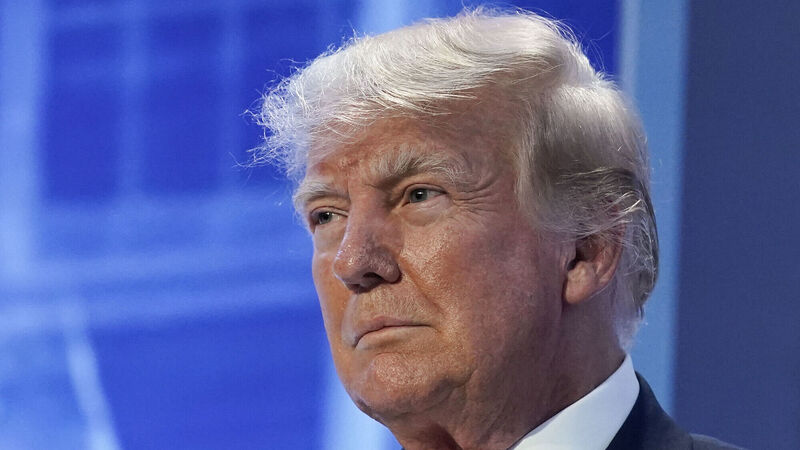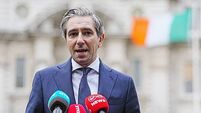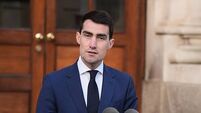Irish Examiner view: Donald Trump charged under Rico law used to tackle the Mafia

Former US president Donald Trump's arraignment puts him on a footing with infamous gangs such as the Bonanno, Colombo, Gambino, Genovese, and Lucchese crime families prosecuted on Rico charges in the 1980s. Picture: Matt Rourke/AP
Fans of American gangster films and TV shows will be familiar with the acronym Rico, which stands for the Racketeering Influenced and Corrupt Organizations Act. It is an American legal measure which was originally introduced in the 1970s as a way to bring organised crime gangs to justice by linking different criminal acts and enterprises to the pursuit of a common goal.
The fact that former president of the United States Donald Trump has now been indicted on charges under Rico for attempting to overturn election results in the state of Georgia is astonishing, even allowing for his capacity to generate unprecedented events.
















